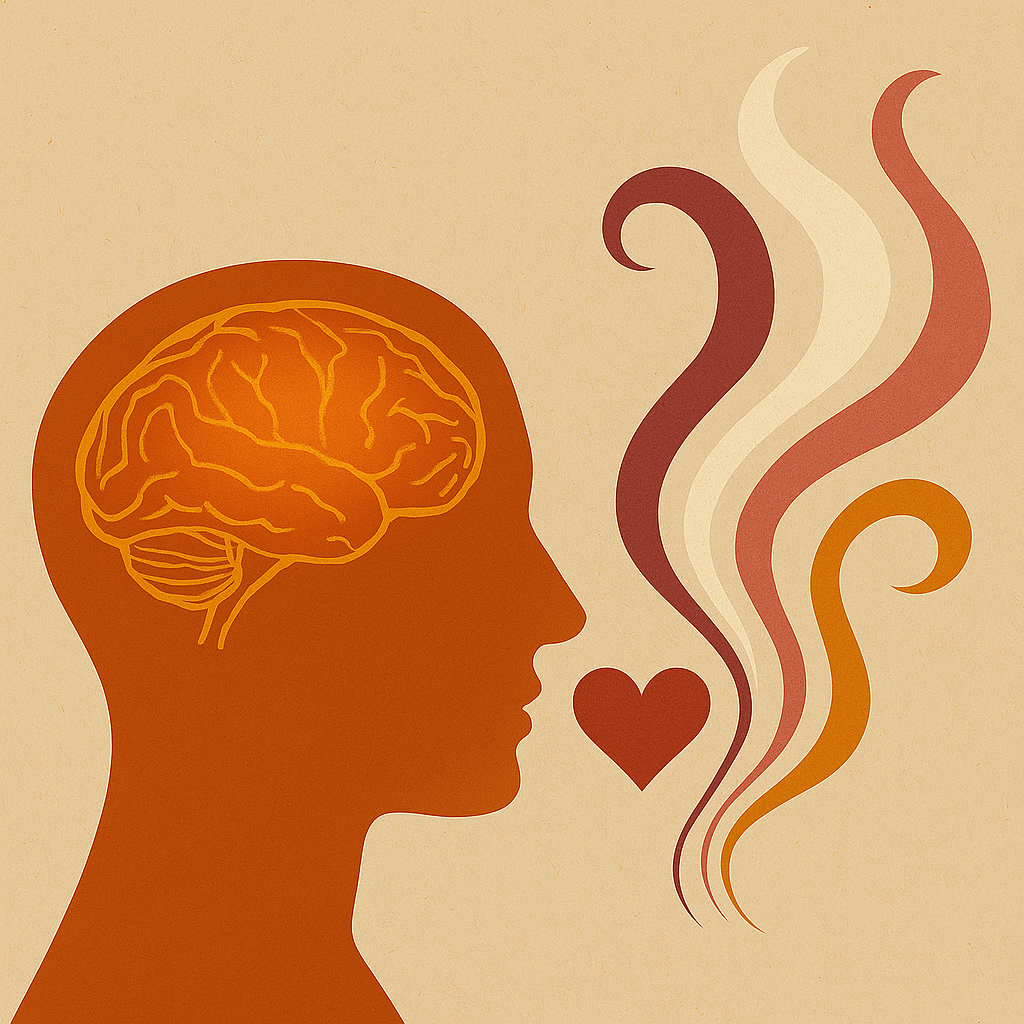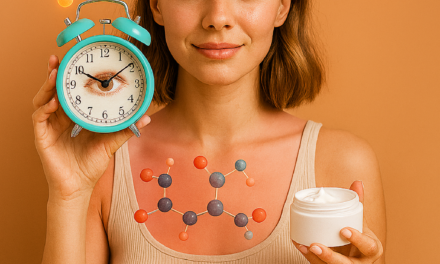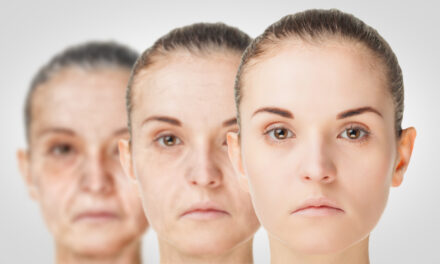Neuroscience revolutionizes the Future of Fragrance

In the competitive world of perfumery, success is no longer just about top notes and elegant bottles — it’s about decoding the brain.
Welcome to the era of Neuro-scent, where neuroscience is transforming how fragrances are crafted, marketed, and experienced.
Smell, Memory, and Emotion: A Neurological Power Trio
Unlike other senses, olfaction is wired directly to the brain’s limbic system — the center of memory and emotion. That’s why the scent of jasmine might instantly transport you to a South Indian wedding or why the smell of coffee can trigger a surge of energy.
Modern neuroscience allows perfumers to go beyond intuition. Using EEG scans, fMRI, and biometric feedback, researchers can now measure brain responses to specific scent molecules — mapping which ones evoke calm, excitement, nostalgia, or focus.
Neuroscience in Fragrance Formulation
Many start-ups and heritage brands alike are harnessing these insights to craft scents with targeted emotional effects, such as:
– Fragrances to reduce anxiety, often leveraging lavender, chamomile, or ambroxan derivatives
– Scents for focus and productivity, incorporating peppermint, citrus, and rosemary
– Mood-boosting perfumes, shown to stimulate dopamine and serotonin pathways
Functional fragrances — once niche — are entering the mainstream through wellness products, home scents, and even workplace diffusion systems.
Brain-Driven Branding and Consumer Testing
Marketers are turning to neuromarketing tools to predict fragrance success. By monitoring pupil dilation, skin conductance, and neural activity, brands can fine-tune messaging, packaging, and even store layouts to optimize emotional impact.
Leading fragrance houses now run “brain screening” trials to test how prototype scents affect attention, arousal, and emotion, creating what some call “neuro-tailored” perfumes.
From Personalization to Precision
The future points to hyper-personalized fragrances guided by neuroscience and AI. Imagine a fragrance that adapts to your mood, or scent recommendations based on your stress biomarkers or cognitive style — not just your favourite notes.
Companies are already exploring wearables and apps that adjust fragrance dispersal based on biometric data, bridging beauty with biofeedback.
Fragrance is no longer just an art — it’s becoming a science of the self. With the rise of Neurocosmetics and emotional beauty, the fragrance industry is poised for a new frontier — one where every spray has the potential to resonate not just with our nose, but with our entire neural network.
Brands can tap into neuroscience to create fragrances that do more than smell good — they can evoke emotion, enhance well-being, and even influence behaviour. Here are some cutting-edge methods being used in the industry:
- Neuroimaging and Biometric Testing
– EEG (electroencephalography) and fMRI scans track brain activity in response to scent exposure, revealing emotional and cognitive reactions.
– Biometric tools like eye tracking, skin conductance, and heart rate monitoring help assess subconscious responses to fragrances.
- Olfactory Mapping
– Neuroscientists identify how specific scent molecules activate regions of the brain linked to memory, mood, and emotion.
– This data helps perfumers design fragrances that target desired psychological effects — such as calmness, alertness, or nostalgia.
- Functional Fragrance Formulation
– Brands like Vyrao and Edeniste use scientifically studied ingredients (e.g. neroli for calm, citrus for energy) to create “neuroscents” that support emotional well-being.
- Personalized Scent Profiling
– AI and neuroscience combine to create custom scent recommendations based on a person’s mood, stress levels, or cognitive style.
– Some brands are exploring wearables that adjust fragrance diffusion based on biometric feedback.
- Neuromarketing in Product Development
– Before launch, brands test fragrances using neuro-based consumer panels to gauge emotional resonance and optimize packaging, naming, and storytelling.
– This helps ensure the scent aligns with the brand’s emotional promise.
- Ambient Scenting for Cognitive Impact
– Inspired by studies like the UC Irvine research showing a 226% memory boost from nightly scent exposure, brands are exploring fragrance diffusers for sleep, focus, and memory enhancement.
As Neuroscientist Vasco Marques da Silva who currently leads Iberchem’s Wavemotion® programme that investigates the neuroscience in fragrances explains “ By exploring the intricate brain processes that underlie olfactory perception, companies can design more effective products and campaigns and create deeper and more personalised connections with consumers.”

Author : Sheela Iyer
sheela@cosmetech.co.in
Sheela Iyer is an observer of the Indian Cosmetics & personal care industry and the editor of ‘Cosmetech’. She regularly video interviews industry experts on Cosmetech TV and has her fortnightly podcast ‘Cosmetics Today’
Subscribe to our free newsletter to read the latest news and articles before they are published.










Subscribe To Our Newsletter
Join our mailing list to receive the latest news and updates from The Cosmetics industry
You have Successfully Subscribed!